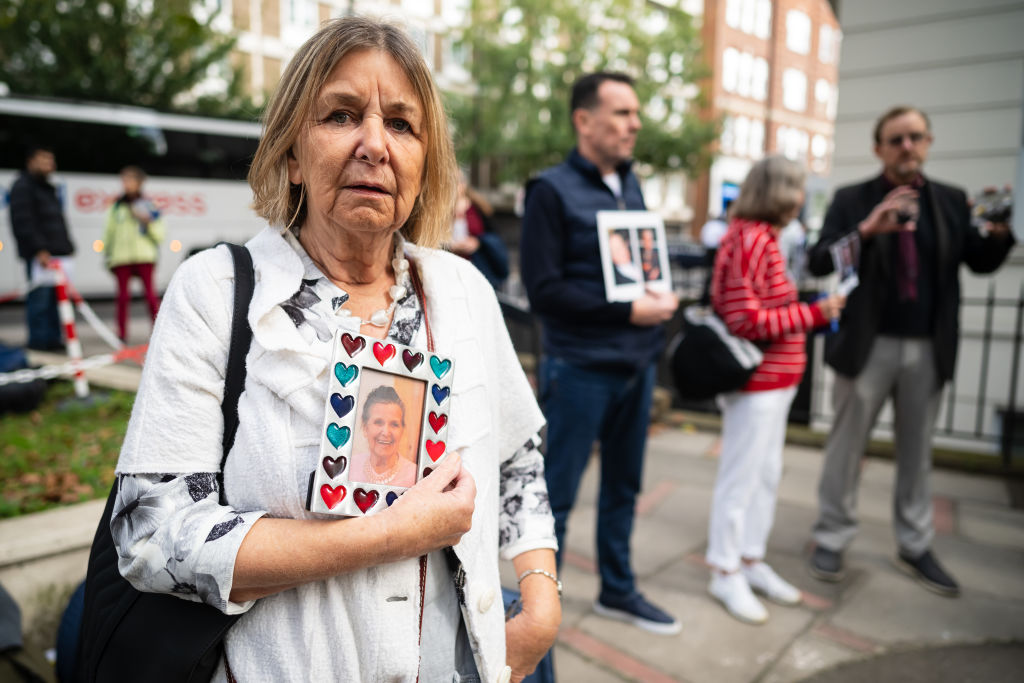
Every day in parliament, decisions are made that impact all of society. We need to be asking: who has a seat at the policymaking table? Currently women make up just 34 per cent of the House of Commons.
Last week, the decision-making processes in government during the pandemic were laid bare in revelations from Helen MacNamara, a senior civil servant at the time, in the Covid inquiry. We learned that, in the highest levels of government, at a time of major domestic and global crisis, policy was made in a toxic culture rife with misogyny, and female experts were ignored. The result was that women and minorities were neglected in the critical decisions that affected their lives.
This included what MacNamara called a “lack of thought” about childcare during school closures, the impact of restrictions on victims of domestic violence, and a lack of guidance for pregnant women, which saw many attending hospital appointments alone, or even labouring alone, when other Covid socialising restrictions had been relaxed.
The personal is political. I was newly postnatal when lockdown hit – severing me from any support network, medical or family. I felt abandoned. MacNamara also commented that a “disproportionate amount of attention” was given to the impact of the lockdown on typical “male pursuits”, including football, hunting, shooting and fishing.
[See also: Who did Patrick Vallance think was looking after the nation’s children?]
The reality is that without a truly gender-equal parliament, policies will continue to be made from a male perspective. Equal seats mean an equal say, and in this case, the imbalance in the gender distribution may have lost lives and created cruel, and avoidable, circumstances. It’s not just politicians in parliament, either. We need to be looking at local councils, senior civil service roles and special advisers. When there is a lack of women in top positions, the impact of policies on women will be overlooked.
If we’re serious about equality, that means the make-up of our parliament, our representative bodies and our public services, should truly reflect the diversity in this country. Covid had a disproportionate impact on black and ethnic minority people. If government was more serious about equality, perhaps there wouldn’t be policy roll-backs such as the cancellation of the health disparities white paper, which would have highlighted the links between health inequality, race and socio-economic circumstances in order to address them.
Men outnumber women two to one in both the Commons and the House of Lords. Yet there are more than 33 million women in the UK out of a total population of 67 million. This isn’t a democratic deficit – it’s a disgrace. Planning the future is a joint responsibility; but the sexism is in the statistics (and Dominic Cumming’s comment on “dodging stilettos” from MacNamara). We must ask ourselves why the majority of the population in this country represents only a third of those in power? At the last election, only 12 extra women were elected to Westminster. At this rate, it will take until 2060 to achieve gender parity.
This would be a complete travesty, not just for fairness, but for the impact that government decisions will have on women’s lives in the next 40 years. That is too long, and if this Covid inquiry is teaching us anything it is that when we leave women out of the discussion we leave them out of the solutions, to the detriment of wider society. The real-life consequences are catastrophic.
Women can’t afford to be left behind any longer, which is why we are challenging everyone, men and women, to join our campaign to #AskHerToStand on 21 November – and help get more women into parliament in the next election.
[See also: The Covid inquiry has laid bare the government’s dereliction of duty]





